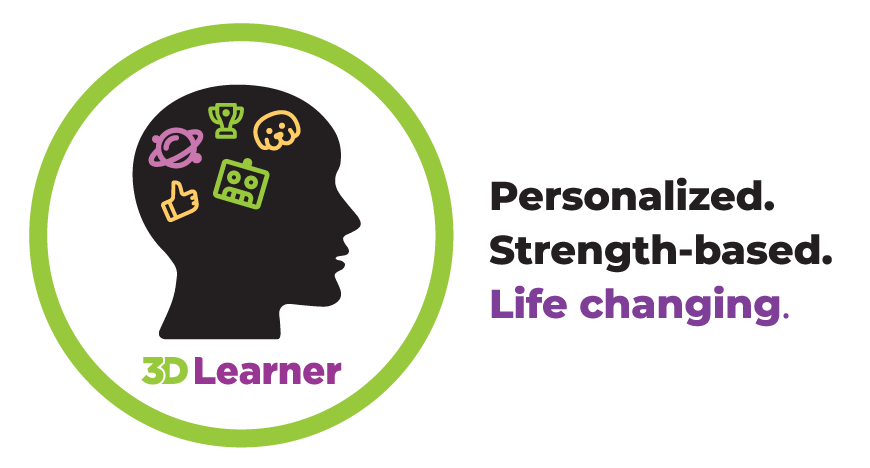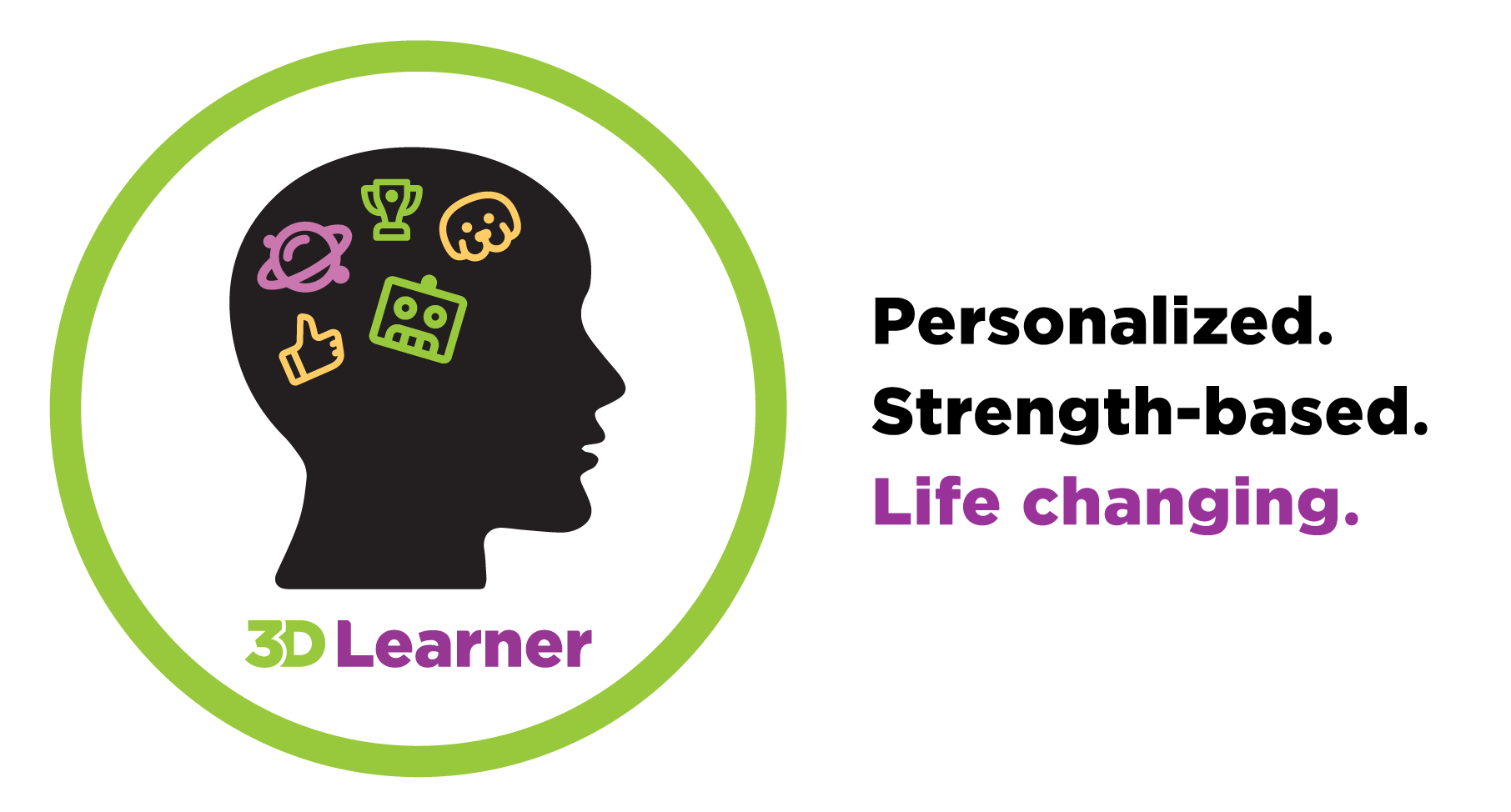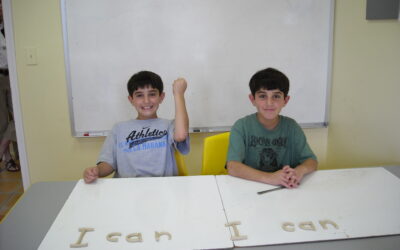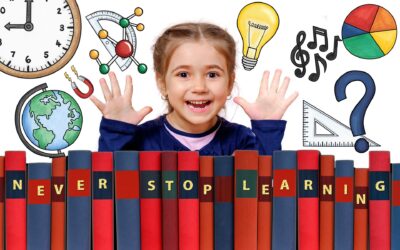Parents today are facing challenges that no one has faced. Beyond trying to keep their own heads above water, parenting kids through a pandemic is truly navigating through uncharted waters.
For families with neuro-diverse kids, those who think differently including students identified as gifted or twice-exceptional, are facing even more peril. Our initial instinct is to make our kids like everyone else. Parents must recognize that ‘I was like this and I just pushed through” is no longer a feasible plan for succeeding in today’s – and tomorrow’s – world.
Because of the public health crisis, parents now must take on the reigns of educating their kids- whether implementing the entire education plan or just making sure they are “in-class” remotely. With so much learning now taking place at home, many more families are seeing first-hand where their child stands academically and how their child learns best. For some, this has been a positive experience. For others, this has been a nightmare.
We must help neurodiverse kids – those who think differently often making unexpected connections – be best prepared for a world that desperately needs their gifts. Yet traditional educational approaches and curriculum may not work for the creative neuro-diverse kids our world needs most.
Our educational system needs to be reconstructed to make it possible for these kids to shine, not shamed. Neurodiverse kids today are far more complex and far more at risk than ever before.
Especially in this age of remote learning, it is vital to get an accurate and in-depth diagnosis of the creative, imaginative children who are neurodiverse. We owe it to them and the future that needs them to look at the whole child and identify the positive interventions based on their strengths.
At 3D Learner, we have seen how important some simple, subtle changes can be for giving smart, underperforming children the skills they need to thrive both academically and socially. We saw it when we developed the program for our own children and for the thousands of students who have benefitted from this unique approach.
As our understanding of neurodiversity grows, there is increased interest in the concept of visual learning as an underlying factor in educational achievement. Is your child a Visual Learner? Take our simple 10 question assessment or contact us for a free 15-minute telephone assessment.





